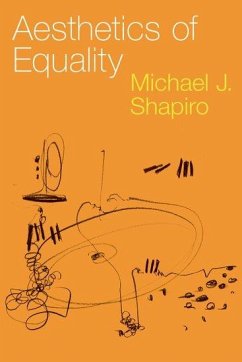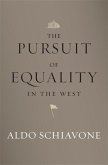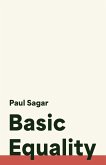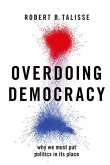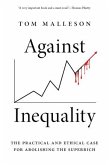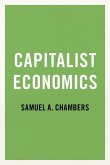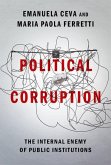Presuming that the problem of political equality, as it bears on both persons and assemblages, is about being accorded access to the material and symbolic resources needed to manage an effective civic presence, Michael J. Shapiro's critical interventions engage the way a wide variety of aesthetic genres address this problem. In Aesthetics of Equality, Shapiro offers a guide to aesthetic methods, focusing on how to conceive equality issues through conceptual engagements with diverse artistic genres. Emphasizing relationships between compositional form and ideational commitment, while focusing on the texts' protagonists (aesthetic subjects), the analyses include a wide variety of spaces and historical moments in scenes ranging from ancient Israel and Egypt in the Old Testament's Genesis to the ethno-histories of California and Texas, with attention on the right to urban space in such megacities as Paris, New York, Los Angeles, and Istanbul.
Hinweis: Dieser Artikel kann nur an eine deutsche Lieferadresse ausgeliefert werden.
Hinweis: Dieser Artikel kann nur an eine deutsche Lieferadresse ausgeliefert werden.

